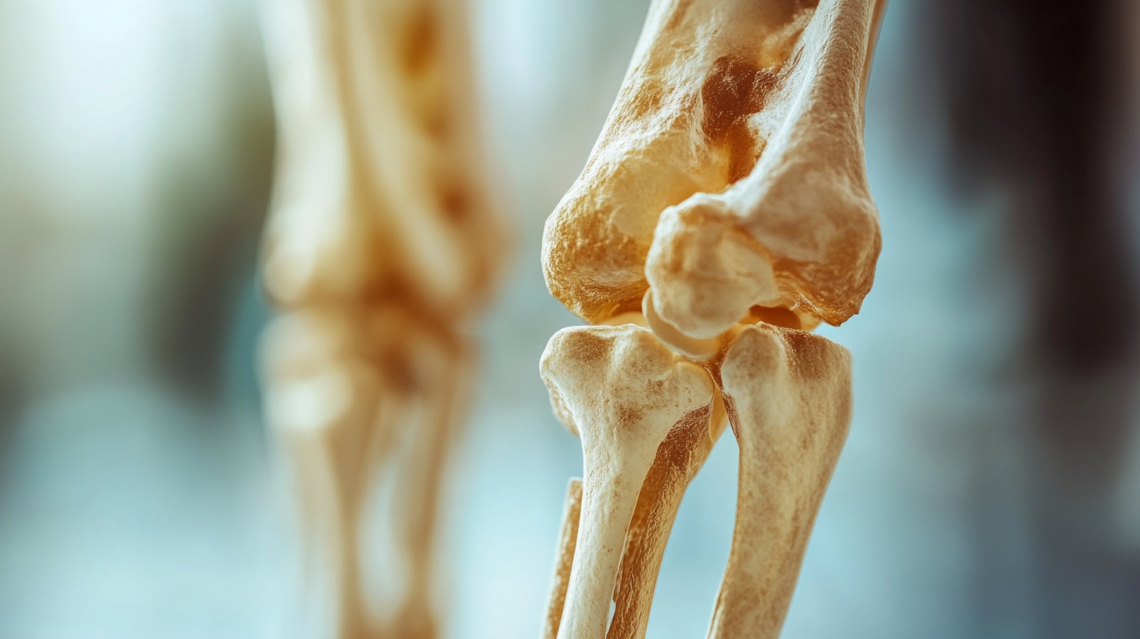
Boosting Bone Health with Key Nutrients
Nutrients play an important role in our overall health. They provide us with energy (via carbs, fats, and proteins), help regulate body functions (i.e. temperature, sweating, thyroid function, blood pressure, and metabolism), and are also essential for body structures – including the maintenance of tissues, organs, teeth, and bones.
Many of the nutrients that we need come from the foods we eat, including calcium, which is critical for bone health. As the body does not make calcium on its own, the only way we can get it is from our diets or by taking a calcium supplement. However, in order for our bodies to be able to absorb calcium, we also need vitamin D. While vitamin D is not naturally found in very many foods, you can get it from consuming fatty fish (such as tuna or salmon), and, of course, by taking a vitamin D supplement. When it is ingested through foods or supplements, vitamin D is absorbed by the intestines and is then carried to the liver from the bloodstream. From there, it turns into something known as calcidiol; while when in the kidneys, it gets transformed into a biologically active form known as calcitriol.
In addition to foods and supplements, vitamin D is also manufactured by the skin when we have been in direct sunlight. However, because of the risk of things like sun burns and skin cancer, it’s not recommended that you purposefully sit out in the sun for prolonged periods of time; and, if you are going to be out in the sun, you should always be wearing an SPF to keep your skin safe.
Along with calcium and vitamin D, there are other nutrients that play their own important roles in the health of our bones, including vitamin K, magnesium, fluoride, and omega-3 fatty acids.
• Vitamin K: Supports the mineralization of bones
• Magnesium: Supports the structural component of bones
• Fluoride: Supports the structural component of bones
• Omega-3 fatty acids: Reduces inflammation associated with osteoblasts
When it comes to finding the best foods for our bone health, there are many. Dairy products, for example, tend to provide the body with the most calcium per serving size. Examples of good dairy products to include in your diet and increase your calcium intake include:
• Milk
• Yogurt
• Cheese
Examples of other calcium-rich foods also include things like:
• Green, leafy vegetables
• Nuts
• Tofu
• Sardines
• Shrimp
Examples of magnesium-rich foods:
• Beans
• Lentils
• Chickpeas
• Seeds
• Whole grains
Examples of foods that naturally contain fluoride:
• Spinach
• Grapes
• Raisins
• Black tea
Examples of foods rich in omega-3 fatty acids:
• Salmon
• Oysters
• Flax seeds
• Chia seeds
• Walnuts
Overall, maintaining a well-balanced diet with these essential nutrients is key to promoting strong bones and overall health. Pairing calcium-rich foods with vitamin D, as well as incorporating other bone-supporting nutrients like magnesium, vitamin K, fluoride, and omega-3 fatty acids, ensures that the body has everything it needs for optimal bone health. It’s important to focus on variety and moderation in your diet, as each nutrient works in harmony with the others. A well-rounded approach to nutrition is essential for lifelong bone health, and making informed choices today will pay off in the years to come.

